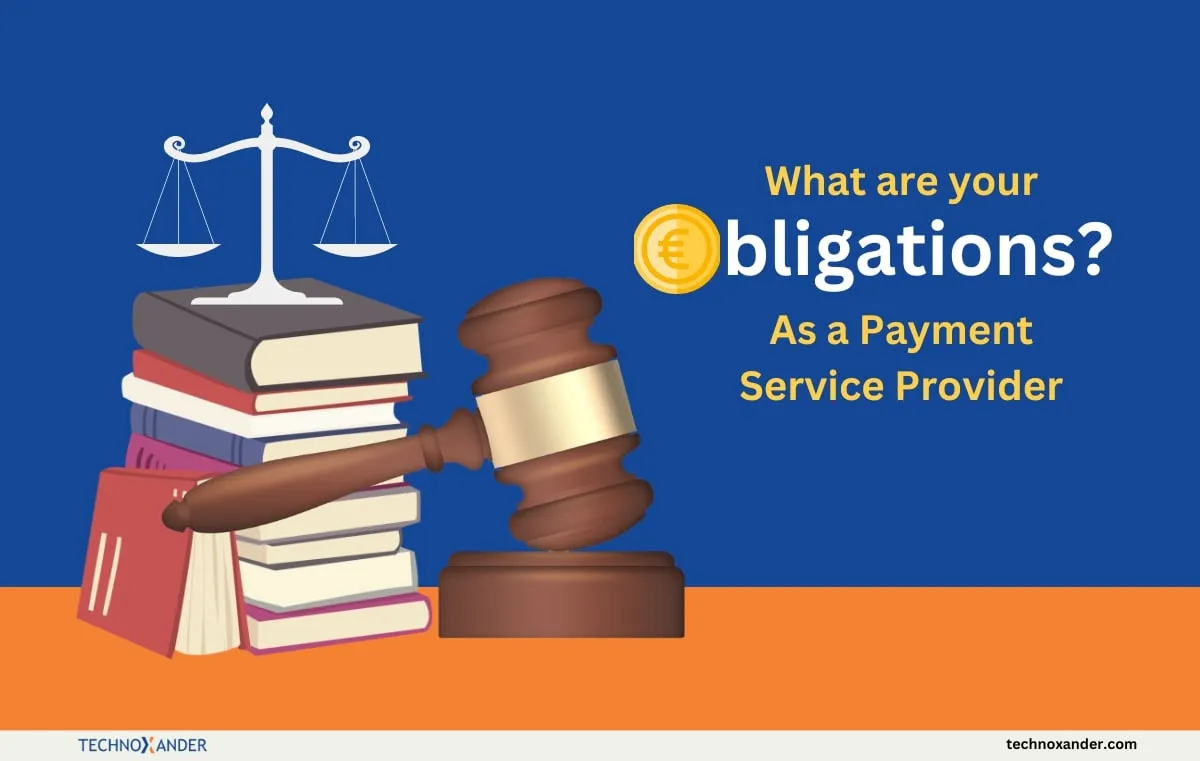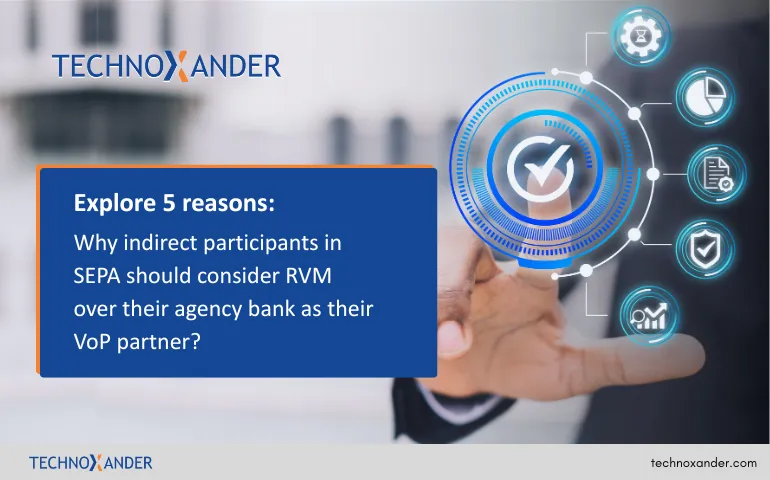Over the past 6 years, major Third-Party Providers and UK banks have built a strong technical foundation for Open Banking. Due to this cooperative effort, bank connections are now more dependable, consistent, and reliable, increasing the acceptance of services made feasible by Open Banking.
The PSD2 directive from the European Union gave rise to open banking, which aims to promote competition and innovation in the financial industry and the impact that it has had has been extraordinary. With 7% of the UK population regularly using Open Banking, its adoption is increasing, demonstrating its expanding relevance. In addition, there has been a startling 5.3x growth in the UK in the last two years in the use of Account-to-Account (A2A) payments.
Initial applications focused on using account information services (AIS) for multibanking, account switching, and personal finance management. The industry has since accepted Open Banking’s revolutionary effect on payments, nevertheless. Experts and actual data agree: Open Banking is transforming the payments ecosystem from the ground up, resulting in important and long-lasting changes.
Six years on, the following are some observations regarding Open Banking-enabled payments-
Discoverability of APIs: Discoverability of APIs in a centralised directory refers to the existence of a single platform or database where banks and providers can register and showcase their available APIs. In the UK’s Open Banking system, the lack of such a directory hampers innovation. It might be difficult for developers and fintech organisations to find and use APIs offered by various banks and providers in the absence of a centralised directory with discoverability. Because developers must independently seek and integrate APIs from many sources, this lack of discoverability leads to inefficiencies, restricts collaboration, and impedes the creation of cutting-edge financial products and services. A centralised directory would promote transparency, simplify API integration, foster competition, and encourage the creation of new, innovative solutions by providing a comprehensive and accessible overview of available APIs.
Lack of Conformance Suite: In the UK, banks have implemented open banking using different standards, with some banks choosing not to adhere to either European or UK open banking standards fully. This lack of standardisation creates inconsistency and fragmentation within the open banking ecosystem. There is no central conformance suite in place to ensure the quality and compliance of APIs across all banks in the ecosystem. The absence of a central conformance suite hampers innovation by making it difficult for developers and fintech companies to test and integrate APIs seamlessly. A centralised conformance suite would provide a unified framework for testing and certifying APIs, ensuring interoperability and driving innovation in the open banking sector. If this can be done for Confirmation of Payee, then this can be achieved for Open banking.
New Entity and funding: The Open Banking Implementation Entity (OBIE) played a very important role in setting the parameters and standards for open banking in the UK. It also effectively implemented the Competition and Markets Authority (CMA) order. However, it is now evident that a new entity is required, and a sustainable funding model must be agreed upon. The funding model should aim to reduce reliance on big banks and establish a self-sustaining entity. The establishment of a centralised entity is essential for the future progress of open banking in the UK. A timely decision on this matter is necessary to enable the UK to advance in open banking and reclaim its position as a leader in this domain.
The Future of Commercial Variable Recurring Payments (cVRP): Providing quicker, more secure, and more affordable options for a range of transactions, Commercial VRPs have the potential to completely change the landscape of the payments industry. Even though the acceptance of cVRP has been widespread, recent legislative actions by the authorities suggest an understanding of its potential and guidelines for implementation.
Over the past six years, the digital payments business has changed due to many advancements in the open banking sector. Digital payments have become widely used and largely accepted due to their emphasis on privacy and ease of use. The market is always changing and has potential for growth, but to reach its full potential, support and cooperation will be crucial.
We are all about the most recent developments that affect the payments ecosystem! Get in touch with us TechnoXander and we can discuss how we can help your company reap the benefits of CoP or Open Banking.










